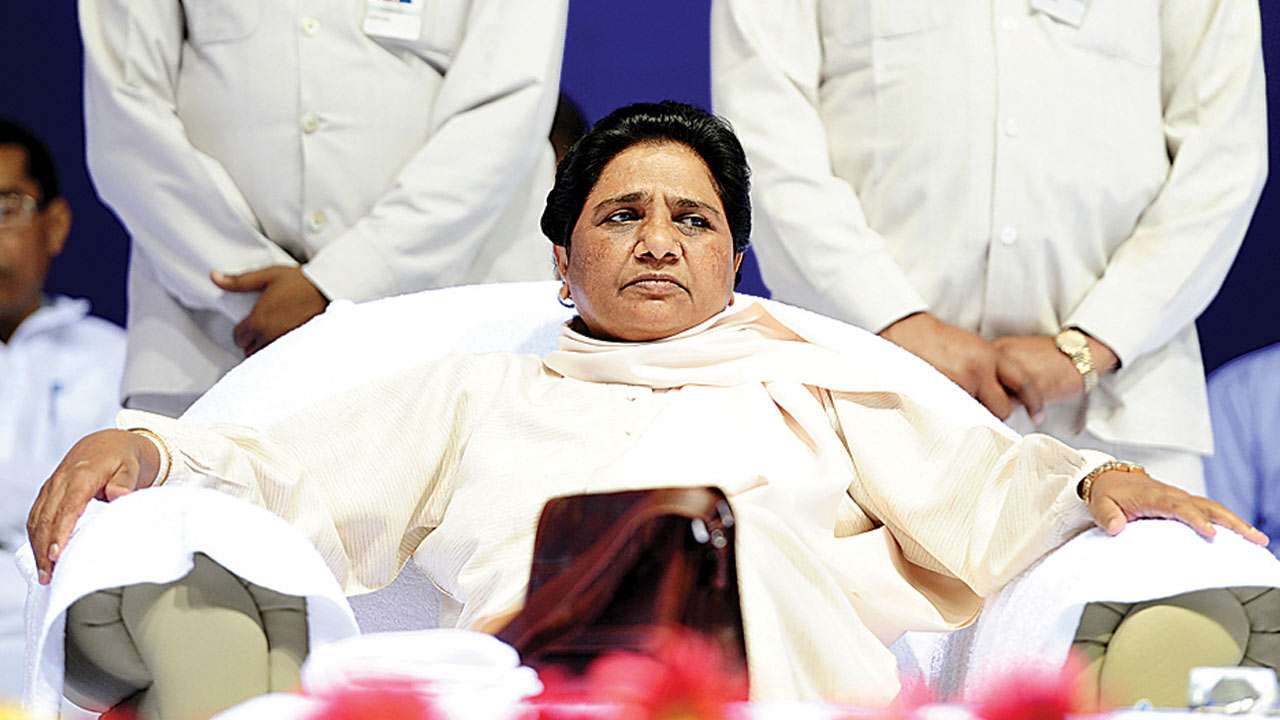Mayawati gag order: Supreme Court hails Election Commission for 'waking up'
Complimenting the poll panel for "waking up", the apex court refused to entertain Mayawati's plea questioning the 48-hour ban imposed on her for a speech that was communal in nature.

Mayawati Mayawati
The Election Commission's decision to gag BSP chief Mayawati and Uttar Pradesh CM Yogi Adityanath was noticed and applauded by the Supreme Court on Tuesday. Complimenting the poll panel for "waking up", the apex court refused to entertain Mayawati's plea questioning the 48-hour ban imposed on her for a speech that was communal in nature.
Taking up the PIL filed by Harpreet Mansukhani, a bench of Chief Justice Ranjan Gogoi and Justice Sanjiv Khanna told the EC's senior counsel, CA Sundaram, "So the Election Commission has woken up. You seem to have got your powers back." To this, Sundaram replied, "We found out that we have powers."
In light of the action taken by the EC, the court also said there was no occasion to pass any further orders. However, it didn't bury the petition and kept it alive. Doing so allowed the counsel for the petitioners to mention the matter "as and when any necessity arises".
Senior advocate Dushyant Dave, representing former UP chief minister Mayawati, told the bench that the order to ban the BSP supremo was passed without giving her a hearing, and that two major rallies were scheduled for Tuesday. But the bench asked Dave to seek appropriate remedies under law by challenging the EC order in a separate proceeding.
When the apex court had passed its order on Monday and rebuked the poll panel for being "toothless and powerless", an EC official was also present in court. The EC told the SC that it had guidelines in place for violations of the Model Code of Conduct, by which it issued notices to violators seeking their responses. Once the response is received, the commission issued advisories, and on repeated violations, it would recommend the registration of a criminal case.